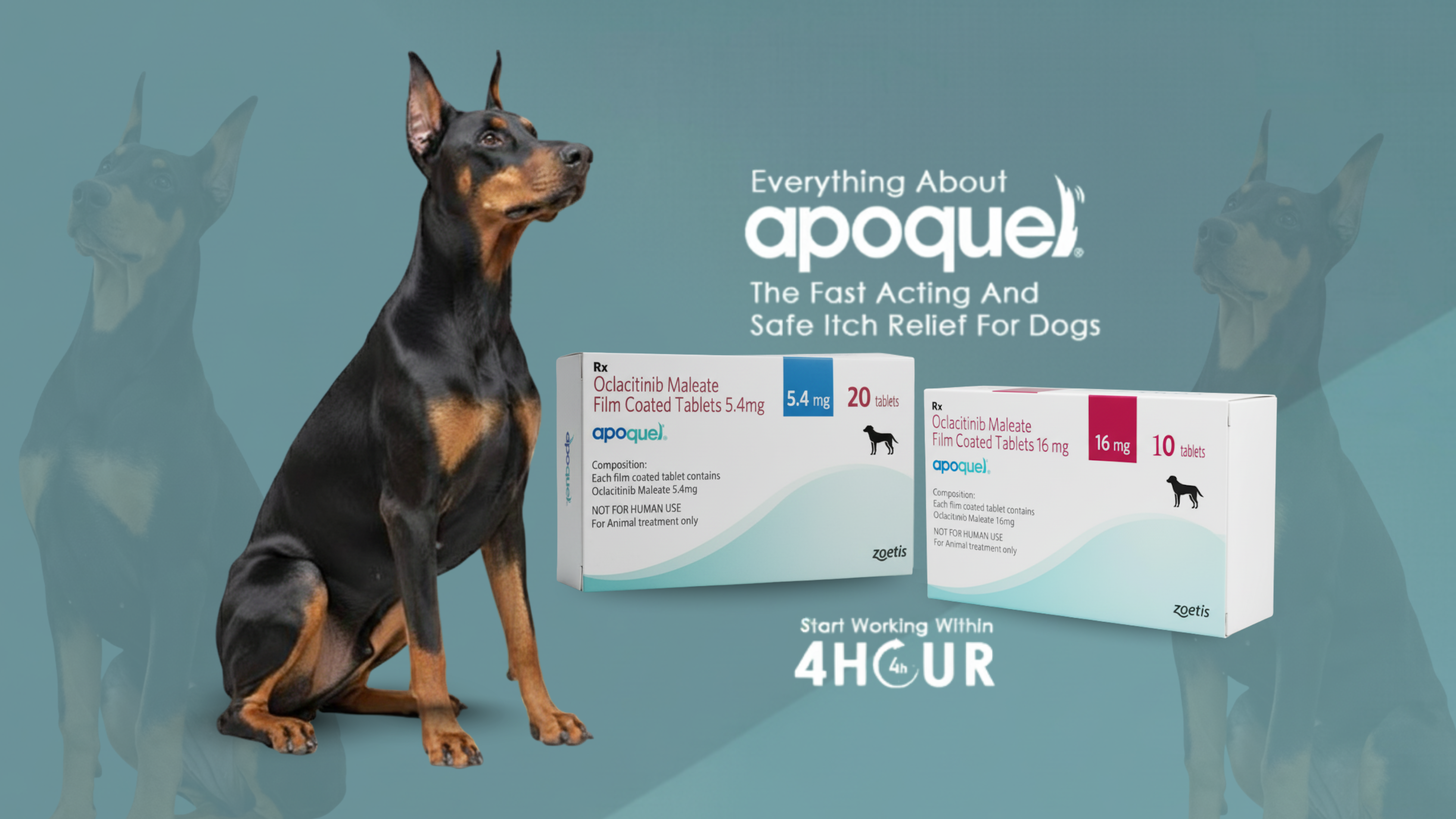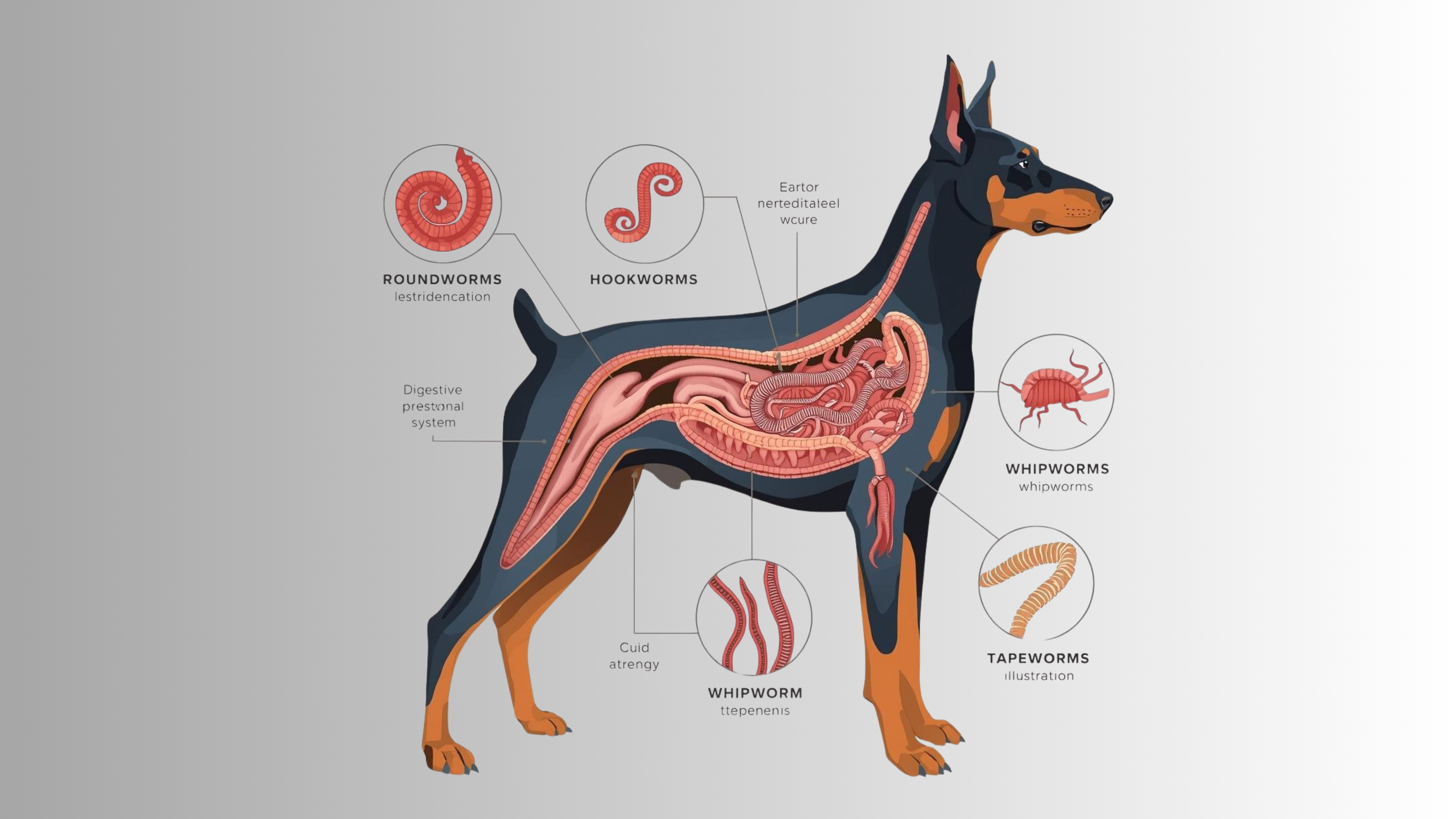
Guidelines For The Vaccination Of Dogs And Cats
, by Pets Lifestyle, 8 min reading time
India’s pioneering pet pharmacy, worldwide seller, and exporter.

, by Pets Lifestyle, 8 min reading time
Why vaccinate your dog and cat?
Vaccinating your dog and cat is essential to prevent potentially deadly infectious diseases, protect public health, ensure longevity and quality of life, comply with legal requirements, and enable travel. Vaccination is cost-effective, safeguards vulnerable animals, contributes to herd immunity, and prevents zoonotic diseases. Work closely with your veterinarian to create a personalized vaccination plan that considers your pet's unique needs and lifestyle, optimizing protection while minimizing the risk of over-vaccination.
Pet owners have a profound responsibility to ensure the health and well-being of their furry companions. Vaccination is a crucial component of pet care, as it helps protect dogs and cats from life-threatening infectious diseases. To navigate the intricacies of pet vaccination effectively, it's essential to turn to experts who can provide up-to-date guidelines. In this blog, we will delve into the invaluable insights offered by the World Small Animal Veterinary Association (WSAVA) Vaccination Guidelines Group (VGG).
The WSAVA VGG: A Beacon of Expertise
The World Small Animal Veterinary Association (WSAVA) Vaccination Guidelines Group (VGG) is a group of experts in the field of veterinary medicine that provides guidance and recommendations regarding the vaccination of small animals, primarily dogs and cats. The WSAVA VGG is dedicated to promoting the best practices in vaccination to ensure the health and well-being of pets while minimizing unnecessary risks.
Let's explore the key aspects of their vaccination guidelines:
The WSAVA VGG's guidelines are widely respected and followed by veterinarians around the world, helping to standardise and improve vaccination practices for small animals. These guidelines are based on the latest research in immunology and infectious diseases, and they provide valuable recommendations for pet owners and veterinary professionals alike. It's essential for pet owners to consult with their veterinarians, who can use these guidelines to create a vaccination plan tailored to the individual needs of their pets.
How to Apply WSAVA VGG Guidelines to Your Pet's Care?
For pet owners, the key takeaway from the WSAVA VGG's work is the importance of consulting with your veterinarian. Here's how you can apply these guidelines to your pet's care:
In conclusion, the WSAVA VGG offers a vital resource for pet owners and veterinarians, providing guidance to ensure that pets are protected from infectious diseases while minimizing unnecessary risks. By following their recommendations and working closely with your veterinarian, you can play a crucial role in keeping your beloved dogs and cats healthy and happy.
Vaccines for Dogs

Vaccines for dogs play a critical role in maintaining their health and preventing the spread of infectious diseases. These vaccines work by stimulating the dog's immune system to develop defenses against specific pathogens, reducing the risk of infection and the severity of illness if infection occurs.
There are two categories of vaccines for dogs: core and non-core vaccines.
Core Vaccines for Dogs:
Non-Core Vaccines for Dogs:
Non-core vaccines are recommended based on an individual dog's risk factors and lifestyle. These include:
Vaccines for cats

Vaccines for cats are essential for preventing various infectious diseases that can be life-threatening or lead to significant health problems.
Core vaccines for cats include:
Feline Herpesvirus (FHV-1) and Calicivirus: These viruses cause feline upper respiratory infections, which are highly contagious among cats.
Feline Panleukopenia (Feline Distemper): This virus is similar to canine parvovirus and causes severe gastrointestinal and immune system disease.
Feline Rabies: Rabies vaccination is important for both feline and human health, and it is often required by law.
In addition to core vaccines, there are Non-core vaccines for cats, which may be recommended based on individual risk factors and lifestyle. Some of these include:
Feline Leukemia (FeLV): This vaccine is recommended for cats at risk of exposure to the feline leukemia virus, especially those that spend time outdoors or live with FeLV-positive cats.
Feline Immunodeficiency Virus (FIV): This vaccine helps protect against FIV, which is sometimes referred to as the feline AIDS virus. Its typically recommended for outdoor cats.
Chlamydophila felis: This bacterium causes conjunctivitis and respiratory disease in cats. The vaccine may be considered in multi-cat households or high-risk environments.
CONCLUSION
It's crucial to consult with your veterinarian to create a tailored vaccination plan for your dog & cat. The decision about which vaccines to administer and their frequency should be based on your dog's & cat’s age, overall health, lifestyle, and geographic location. A one-size-fits-all approach may not be suitable, as the vaccination needs of each dog & cat can differ significantly.
While vaccines are essential for your pet’s health, it's also important to monitor for any adverse reactions and contact your veterinarian if you notice any concerning symptoms. Your veterinarian can guide you on maintaining vaccination status and help ensure they receive the necessary protection while minimising over-vaccination risks.

